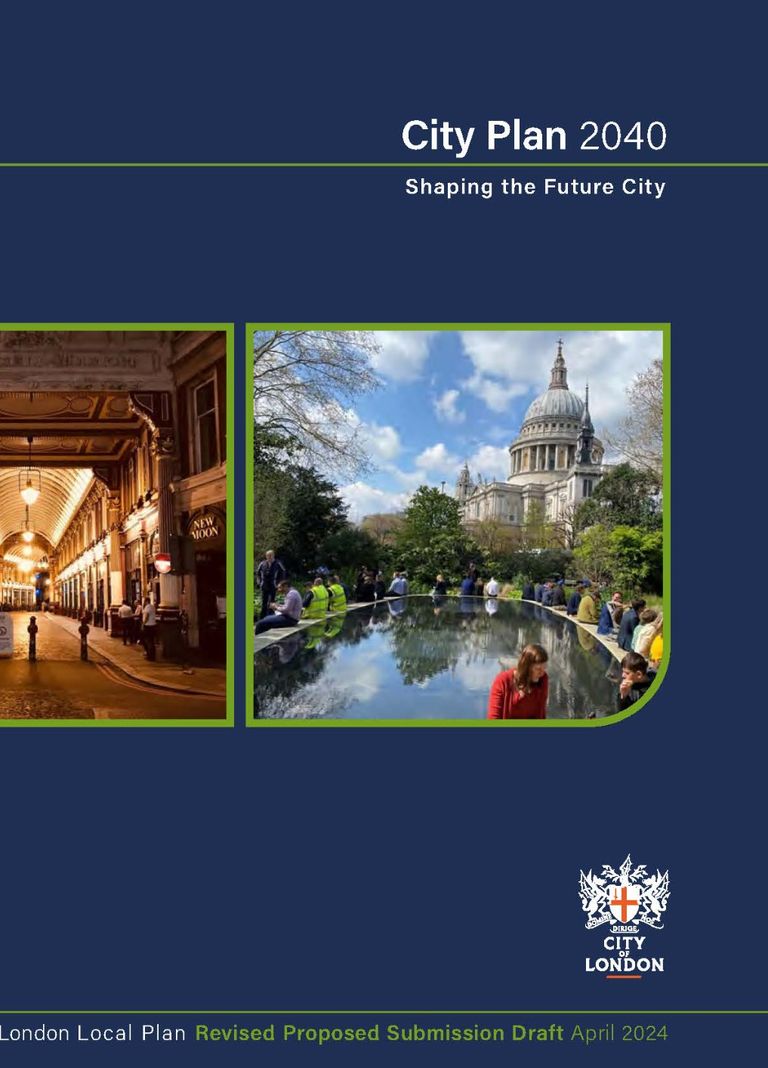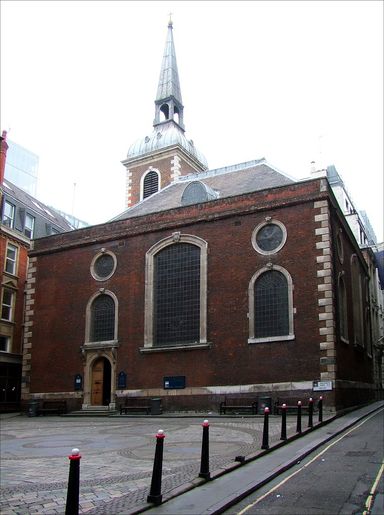The Word of the Month for July is RELIGION
RELIGION: noun. A particular system of faith and worship … Belief in or acknowledgement of some superhuman power or powers (esp. a god or gods) which is typically manifested in obedience, reverence, and worship; such a belief as part of a system defining a code of living, esp. as a means of achieving spiritual or material improvement. (The Oxford English Dictionary)
Religion takes many forms: personal beliefs, systems of belief and practice, individual religious behaviour, religious institutions, religious buildings, and so on.
Personal beliefs
In the Acts of the Apostles in the New Testament we hear that the Apostle Paul was being held in prison by the Roman occupying authorities. Festus, the Roman Governor, explained the situation to Agrippa, the local puppet monarch:
‘There is a man here who was left in prison by Felix [the previous governor]. When I was in Jerusalem, the chief priests and the elders of the Jews informed me about him and asked for a sentence against him. I told them that it was not the custom of the Romans to hand over anyone before the accused had met the accusers face to face and had been given an opportunity to make a defence against the charge. So when they met here, I lost no time, but on the next day took my seat on the tribunal and ordered the man to be brought. When the accusers stood up, they did not charge him with any of the crimes that I was expecting. Instead they had certain points of disagreement with him about their own religion and about a certain Jesus, who had died, but whom Paul asserted to be alive.’ (Acts 24:14–19)
This was Paul’s belief, expressed here and in his letters to the churches that he founded in cities around the Mediterranean. We know from those letters that from the earliest years of Christianity different Christians have believed different things. This is even more true today: Christians can differ over the most fundamental issues, such as how to describe the relationship between God and Jesus Christ, whether Jesus was raised to physical life after his crucifixion, whether Jesus had a virgin birth, and so on. Personal beliefs are precisely that—personal: so we cannot know what someone’s personal religious beliefs might be unless we ask them.
A system of belief and practice
Agrippa asked to meet Paul, and when Festus introduced him to him he asked Paul to speak:
‘I consider myself fortunate that it is before you, King Agrippa, I am to make my defence today against all the accusations of the Jews, because you are especially familiar with all the customs and controversies of the Jews; therefore I beg of you to listen to me patiently. All the Jews know my way of life from my youth, a life spent from the beginning among my own people and in Jerusalem. They have known for a long time, if they are willing to testify, that I have belonged to the strictest sect of our religion and lived as a Pharisee. (Acts 26:2–6)
Paul was a Jew as well as a Christian, and during his early years he had trained as a Rabbi and had kept the strict laws of belief and practice to be found in the Torah, the first five books of the Hebrew Bible, the Christian Old Testament; and he would also have regarded the psalms, histories, and prophetic books of the Hebrew Bible as authoritative as well, as he continued to do.
Every religion has a primary source of authority and secondary sources. For Christians, the primary source of authority is Jesus Christ, a man who lived in what is now Israel and Palestine two thousand years ago, and whom Christians came to believe to be God living a human life among us. This Jesus was crucified by the Romans and was subsequently experienced as alive. The New Testament is a secondary authority that witnesses to Jesus, the primary authority. For other religions the situation is different. For Judaism, the Torah is the primary authority; and for Islam it is the Qur’an. In Jesus, the Torah, and the Qur’an, God speaks: so it is in Jesus, the Torah, and the Qur’an, that we find the patterns of belief and practice that define the religions of Christianity, Judaism, and Islam.
A system of belief is often expressed in short written form, and an early such creed is found in a letter to Timothy that might or not have been written by Paul:
Without any doubt, the mystery of our religion is great:
He was revealed in flesh,
vindicated in spirit,
seen by angels,
proclaimed among Gentiles,
believed in throughout the world,
taken up in glory. (1 Timothy 3:16)
A later creed can be found in a panel of the reredos above the communion table at St Mary Abchurch.
Individual religious behaviour
A letter by James, who might have been Jesus’ brother, describes religion like this:
If any think they are religious, and do not bridle their tongues but deceive their hearts, their religion is worthless. Religion that is pure and undefiled before God, the Father, is this: to care for orphans and widows in their distress, and to keep oneself unstained by the world. (James 1:26–27)
The Torah and the Qur’an contain instructions for living as well as statements of belief, and Jesus’ life of compassion, healing, and teaching, provides a pattern for Christian behaviour. However, when we ask how we should behave today in the light of what we discover about Jesus’ activity in the gospels in the New Testament, we inevitably draw diverse conclusions, which is why we see such diversity of beliefs and behaviour among Christians. The New Testament letters, such as the letter by James, tell us how early Christians interpreted Jesus’ words and actions, which might help us to interpret them for ourselves: but it will always be a matter of individual interpretation.
Religious institutions and buildings
The City of London contains the ruins of a Roman Temple—a Mithraeum—in the basement of the Bloomberg Building; the Bevis Marks Synagogue, which holds the world record for the synagogue with the longest continuous use by the same Jewish community; and numerous churches, some of which occupy sites on which churches were first built over a thousand years ago, and many of which were rebuilt by Sir Christopher Wren after the Fire of London.
The congregations that use the synagogue and the churches are religious institutions. These have unique characteristics and so are not voluntary, leisure, or cultural institutions: they are religious, because their primary authority is God and not some internal authority structure, and their characteristic is worship of God—in the case of the churches, prayer, reading of the Bible, the singing of hymns, and at Jesus’ command the taking of bread and wine, the giving thanks, the breaking of the bread, and the sharing of the bread and wine.[1] This means that these buildings are not leisure or cultural facilities—they are religious: an entirely different category. This is why we are hoping that the City Plan 2040[2] will be amended to recognise the importance of religious buildings not only as heritage, cultural, and leisure assets—although they are those things as well—but as a unique category of buildings with a unique purpose: religion.
Notes
Scripture quotations are from the New Revised Standard Version Bible: Anglicized Edition, copyright © 1989, 1995 National Council of the Churches of Christ in the United States of America. Used by permission. All rights reserved worldwide.
[1] On the unique characteristics of religious institutions, see https://torry.org.uk/religious-organisations
[2] https://www.cityoflondon.gov.uk/services/planning/planning-policy/city-plan-2040
The City Plan 2040
Click on the link below to read the City of London's City Plan 2040

The characteristics of religious organisations
Click on the link below to find literature about the distinctive characteristics of religious organisations

